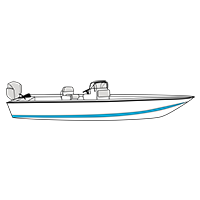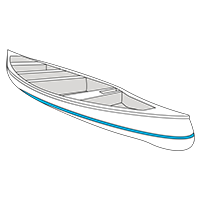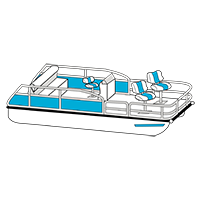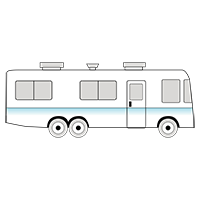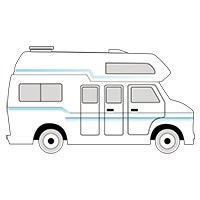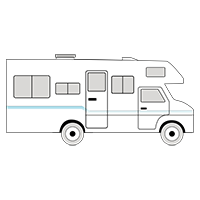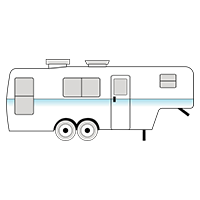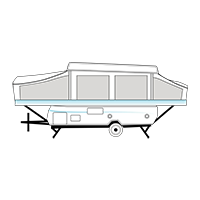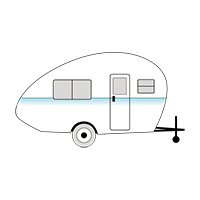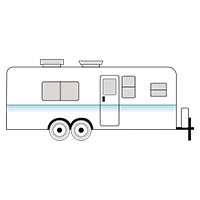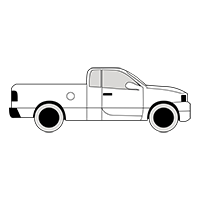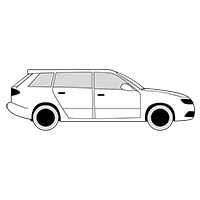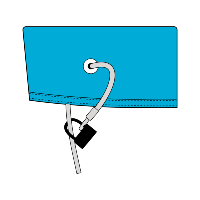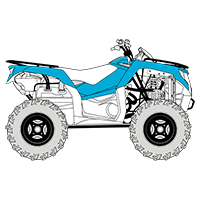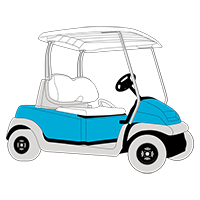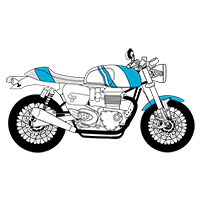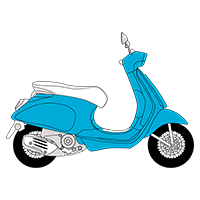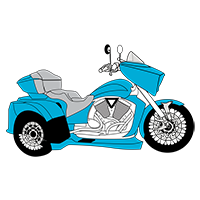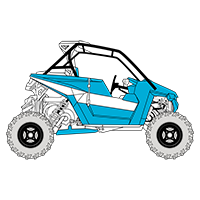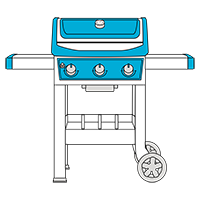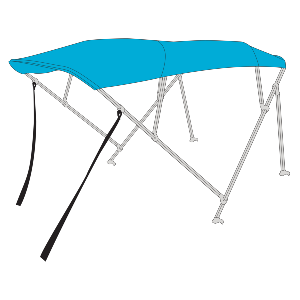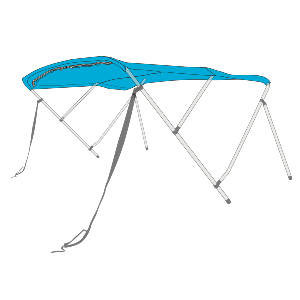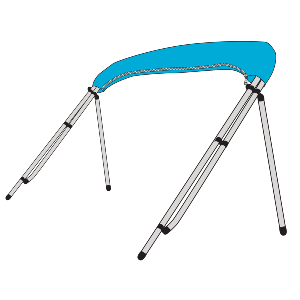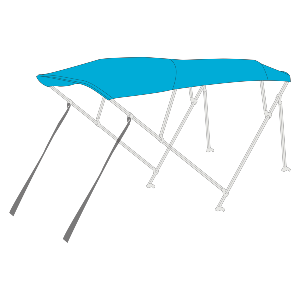
Common Ways To Winterize (And What It Actually Means)
Do I really need to winterize my stuff? What are you supposed to winterize? What does “winterize” actually mean? In different parts of the country, winterization can mean different things. We’ve already gone over boats and ATVs, but what about other vehicles? Homes?
Generally, winterizing means taking appropriate measures to protect a structure or vehicle from damaging conditions caused by cold temperatures and wet conditions. Up in the northeast, there are a few main concerns that need to be addressed to really protect from the winter weather ahead, namely the potential wide temperature shifts, and massive amounts of precipitation. As water freezes and melts, it expands and contracts- and if it’s gotten somewhere it doesn’t belong, that can cause major issues down the line. The basics for winterization fall into three main categories: structures, vehicles, and stuff.
STRUCTURES
Winterizing a home is also different depending on the type of home. For a traditional house with vinyl siding and brick, it’s important to check for leaks or cracks at the foundation. You don’t want ice getting in and making those cracks bigger. If the building has built-in air conditioning units, it’s important to cover the exteriors with several layers of newsprint and plastic sheeting, and use a good quality insulating cover on the inside like these from Frost King to make sure cold air stays out (and heating costs stay down!). For someone living in an RV, winterization steps might include checking the seals around windows, doors, and anything built into the roof for leaks and the potential for damage. For someone simply storing an RV outside, winterization can be as easy as using a good quality cover as a layer between the vehicle and the elements. Most RV covers from EliteShield do feature zippered panels for convenient door access, making them a good choice for anyone who need that extra layer of protection.
Sheds and garages can present their own special challenges when it comes to winterization, especially in the Northeast. The area is known for weather that can vary wildly between mildly chilly temperatures all the way to bone chilling cold with blizzards that dump three feet of snow, all possible within the same month. The two main objectives in winterizing an outdoor storage use building are keeping it pest and rodent free and your winter gear easily accessible. Inspecting the perimeter (from the floor to the roof) for cracks or holes where squirrels, raccoons, or mice can get in and removing those points of access is super important for this purpose. The added benefit of keeping an area pest free is that it usually also does a good job keeping the temperature stable, meaning tools are shielded from drastic temperature swings.
VEHICLES
Winterizing a vehicle breaks down to two separate purposes: storage vs. use. For a vehicle (boat, RV, ATV, car, etc.) being put into winter storage, the prep work focuses more on a thorough cleaning and fix of anything that might need repair than updating systems for a different season. For indoor storage, a deep vacuum, exterior wash, and quick organization of the storage area before tossing a cover on it is usually good enough. For vehicles that are stored outside, like boats, one of the biggest things is making sure the cover you choose is waterproof and tightly secure to keep animals from finding their way inside.
For a car being used outdoors over the winter, there are several important things to do in preparation for the season. Making sure the tread on your tires is in good condition to be able to handle winter roads is one, followed by a checkup of fluids, brakes, and any other general maintenance. Some folks go as far as keeping an emergency blanket and cat litter or sand in their car in case they get stuck in snow. Personally, I like to use a car cover to keep my windshield from icing up and making it easier to get going in the morning.
STUFF
Pools, outdoor furniture, grills, and tools can all be classified under the “stuff” category, and getting them ready for winter have very different requirements. Companies like NJ Pool Guys and Backyard Paradise Pools can take all the headache out of winterizing your pool, or even opening it up for spring. The lifespan of outdoor furniture and barbecues is extended when you use covers to protect them from rain and snow, and storing yard tools inside a shed keeps them from becoming rusty.
Overall, getting yourself ready for winter is more than just pulling out the puffy coats and hats. It’s making sure your gear is up to whatever challenges get blown in.

